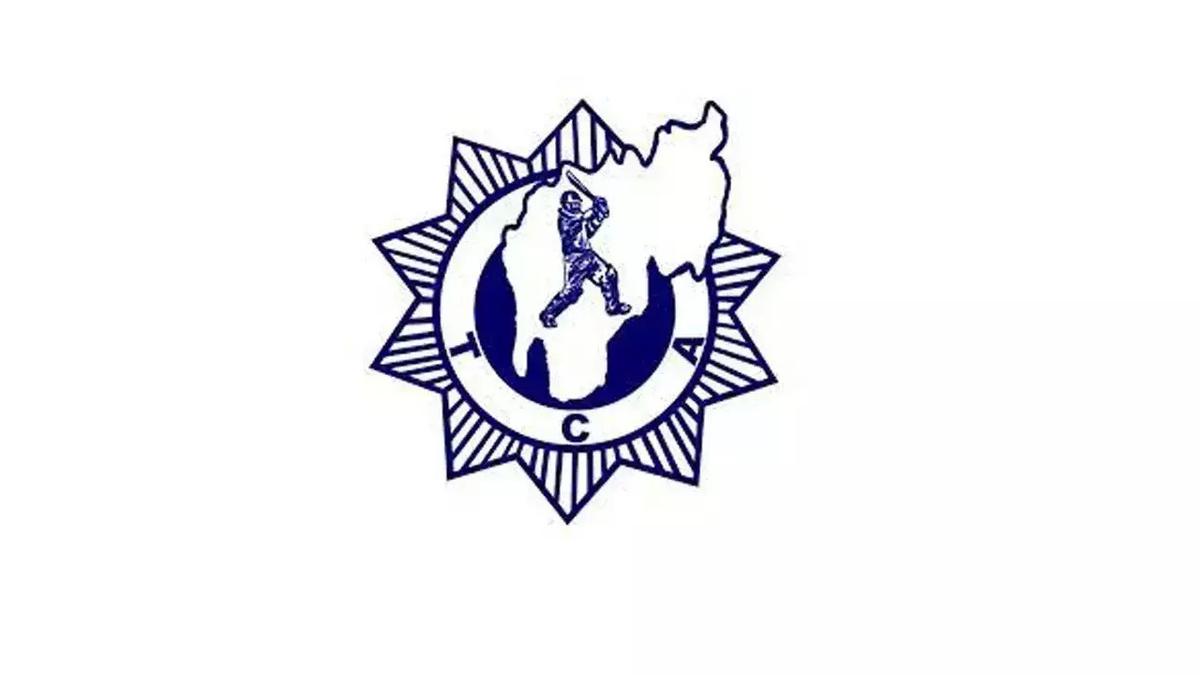
Faction war to secure control over Tripura Cricket Association
The Hindu
Chaos continues in the Tripura Cricket Association (TCA) as two warring factions have announced ‘resolutions’ against each other to secure control over the cricket body.
Chaos continues in the Tripura Cricket Association (TCA) as two warring factions have announced ‘resolutions’ against each other to secure control over the cricket body. One faction on Sunday announced its decision to disqualify TCA president Tapan Lodh a day after two senior association officials were manhandled and abused by ‘criminals’.
“The apex council of the TCA has disqualified Mr. Lodh under rules and regulations of the association. Accordingly he is no longer president of the TCA,” TCA secretary Tapash Ghosh said in a statement.
The TCA is a member of the Board of Control for Cricket in India.
Mr. Ghosh and TCA vice-president Timir Chanda, acclaimed cricketer, faced unruly mob on the office premises that allegedly assaulted them and prevented them from entering the office. The incident reportedly occurred in the presence of police personnel deployed to maintain order.
Earlier on Friday, Mr. Lodh, a BJP councillor in the Agartala Municipal Corporation, and his supporters forced their entry into the TCA office. They alleged that some people were trying to “hijack” the association to make it a “den of corruption”.
Mr. Lodh said he was targeted in his bid to stop “all-round irregularities” in the cricket body.
“There was a huge scam in the purchase of high-mast LED floodlights for the MBB cricket stadium. We have set up a committee to investigate this,” he told journalists. Mr. Lodh denied any idea about the assault on Mr. Chanda and Mr. Ghosh, but said the two were barred from entering the office until the probe was completed.













